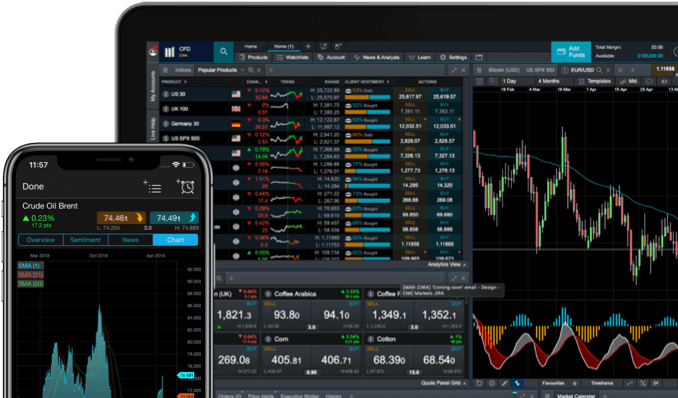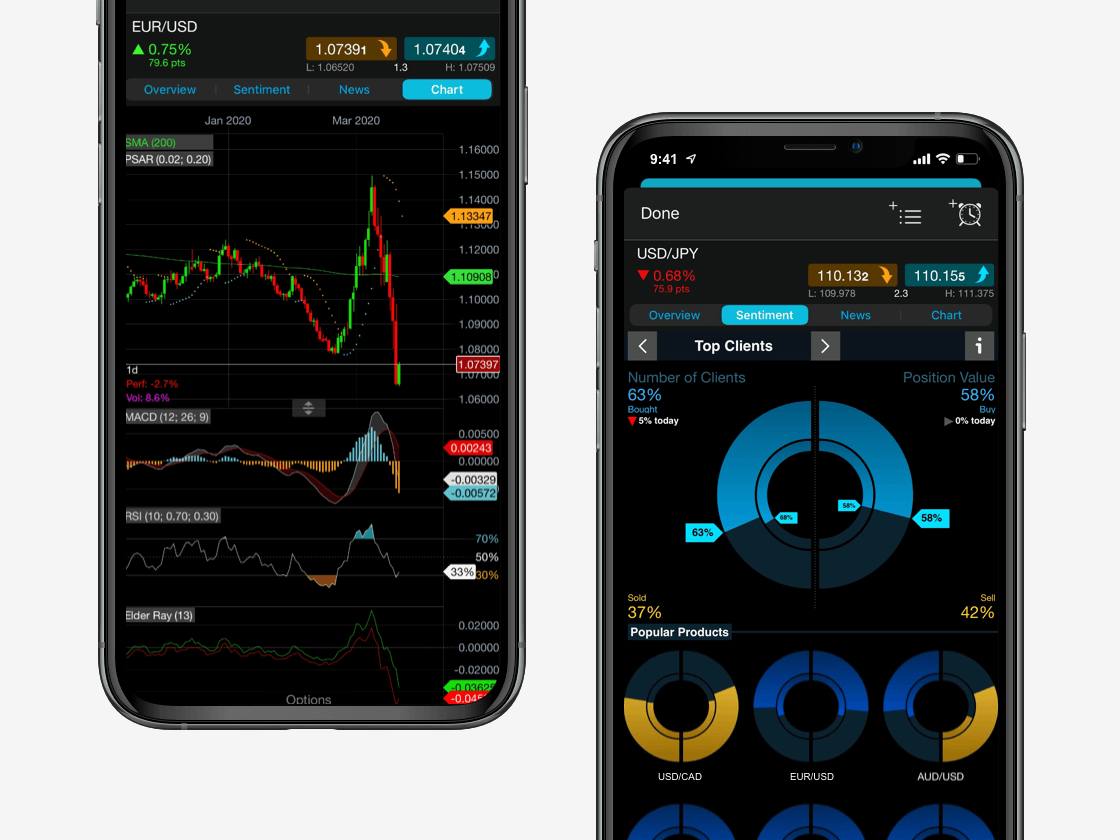The entertainment and music industries are currently considered to be some of the most profitable sectors, and it is no coincidence that some of the largest technology companies in the world are keeping a close eye on the music business. Revenues generated by music streaming services grew by 20% in 2019, reaching a total of $9bn. This figure represents nearly 80% of all music revenues.
This impressive growth is the result of technology becoming more readily available and physical products, such as CDs, becoming progressively obsolete. In fact, only 5% of total music revenues are generated by physical products. In 2019, streaming service paid subscriptions grew by 30%, generating over $60m in revenues, compared with $45m in 2018.


















